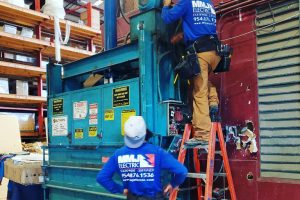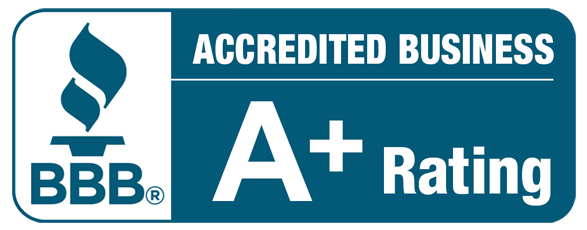Things to Know About Electrical Repairs
Electrical repairs are tasks that involve diagnosing, fixing, or replacing electrical components in homes, businesses, or machinery. Because electricity is both powerful and dangerous, a combination of safety awareness, technical knowledge, and compliance with regulations is essential. MMJ Eletric provides electrical repairs in Davie, FL, Lighthouse Point, Fort Lauderdale, Boynton Beach, Deerfield Beach, FL, Coral Springs, FL and surrounding areas.
- Safety First
Always turn off power at the breaker before starting any repair. Use a non-contact voltage tester to ensure circuits are de-energized. Wear insulated gloves and eye protection when appropriate. Never work in damp conditions unless you are specifically trained for it.
- Know Your Limits
Some electrical issues—like replacing a light fixture or outlet—can be safe for skilled DIYers. However, complex repairs involving main panels, wiring changes, or high-voltage systems should be handled by licensed electricians. Incorrect work can cause fires, shocks, or code violations.
- Tools and Equipment
Basic tools include screwdrivers, wire strippers, pliers, a multimeter, and electrical tape. All tools should be rated for electrical work. Use the correct gauge and type of wire for the circuit, and ensure all connections are secure.
- Understanding Circuits
Know the difference between series and parallel circuits, the role of breakers, and how grounding and GFCI protection work. This helps with both troubleshooting and prevention of future issues.
- Common Repairs
Typical jobs include replacing switches, outlets, or fixtures, repairing damaged cords, or resetting tripped breakers. For flickering lights, warm outlets, or frequent breaker trips, investigate underlying causes rather than just replacing parts.
- Codes and Permits
Electrical work must follow the National Electrical Code (NEC) in the U.S. and local regulations elsewhere. Many major repairs require permits and inspections to ensure safety and compliance.
- Preventive Maintenance
Regularly check cords, plugs, and outlets for wear. Keep electrical panels clear of obstructions, and schedule professional inspections for older systems.
Bottom line: Electrical repairs combine precision and caution. Knowing when to DIY and when to call a professional is the most important skill of all—your safety and property depend on it.
Call us anytime if you need more information.

